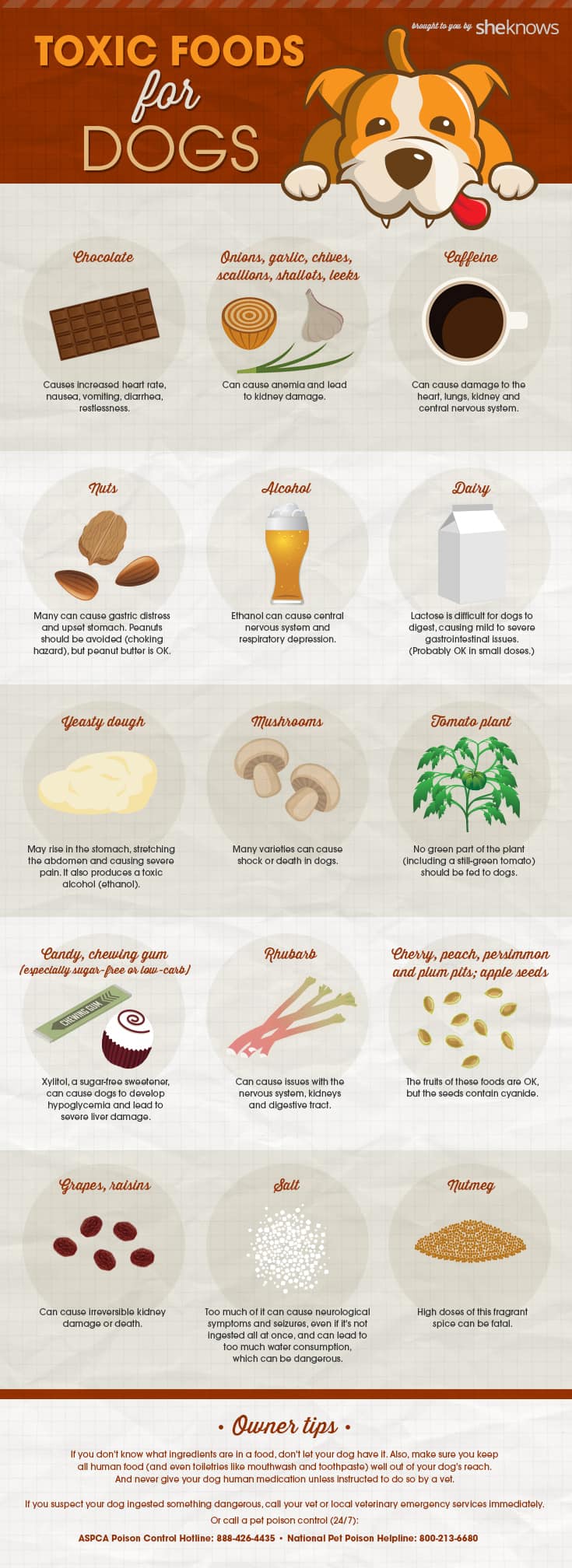Importance Of Rest In Dog Daycare
Importance Of Rest In Dog Daycare
Blog Article
Can Dog Daycare Reason Ailment?
Pet dogs in day care receive lots of workout, socialization with other dogs and one-of-a-kind experiences. This can be especially valuable for puppies and pet dogs with behavioral issues.
There are numerous legal considerations you need to consider when beginning a dog childcare business. These include the structure of your company and compliance with federal government guidelines.
1. Pooch Distemper
Canine distemper is spread out through direct contact with the bodily fluids and waste of an infected canine, however it can likewise be sent using common water and food bowls or via air-borne droplets. This highly contagious illness is most harmful for young puppies, however it can affect canines of any type of age and is deadly for a lot of if left unattended.
First signs and symptoms of canine distemper usually resemble a common cold, including runny eyes and nose with watery or pus-like discharge. As the disease progresses, a dog will develop fever, coughing, reduced appetite, vomiting and diarrhea. The virus can also attack the nervous system, resulting in seizures, twitching and partial or complete paralysis.
Trusted day cares decrease exposure to infection by requiring vaccinations, routine health examinations and follow rigorous health methods. If your dog appears excessively worn out or limping, a day of rest may help him recover, but you need to stay clear of taking him back to childcare till these signs and symptoms improve.
2. Kennel Coughing
Kennel cough, also known as infectious canine tracheobronchitis or Bordetella, is a very transmittable viral or microbial illness that affects the respiratory system. It's generally moved with the exchange of saliva or air droplets that a sick dog breathes out. Social pet dogs go to higher risk for infection due to their constant communication with each other, such as when they play, share food or water, sniff one another or simply fulfill in a jampacked atmosphere like a canine park or daycare.
One of the most typical sign of kennel cough is a relentless and powerful cough that sounds like something embeded the throat or retching. Usually, pet dogs will divulge foamy white phlegm. If left untreated, a dog can create pneumonia and go to major risk permanently.
A credible day care facility need to have stringent cleaning and hygiene protocols, disinfect all toys, food and water bowls routinely, and be open concerning their inoculation policies. Maintaining your pet dog up to day on their inoculations, specifically for bordetella and canine flu, will considerably decrease their opportunities of acquiring the disease.
3. Parvovirus
Canine parvovirus, or parvo, is a very infectious viral disease that can be deadly for pups and young adult dogs with bad immune systems. It's most generally spread by straight contact with polluted dog feces-- which board and train dog training can take place when canines smell, lick, or taste contaminated feces-- and indirectly from polluted people, things, or environments (like kennels, brushing rooms and grass). Young puppies and pets without total inoculation histories are specifically vulnerable to parvo.
The infection is incredibly resistant, making it through in the setting for as much as 9 years, and can easily be moved between pets by get in touch with via feces or on shoes, apparel, and bed linen infected with parvovirus. If not dealt with instantly with IV liquids, electrolyte balance, throwing up control medications and anti-biotics to prevent additional microbial infections, a canine will swiftly dehydrate and establish severe diarrhea, which brings about shock and sepsis. Parvo is hard to cure as soon as a dog has actually become ill, however with appropriate veterinary treatment, numerous pups do survive this health problem.
4. Canine Influenza
Pooch influenza infection is highly contagious and spreads via direct get in touch with, sharing food and water bowls, licking or nuzzling various other canines, via air-borne droplets, and via contaminated surfaces. Inoculation is effective in minimizing the threat of infection and break outs.
The majority of affected canines create a mild breathing infection with a coughing that lasts 1-3 weeks. They might likewise have nasal and eye discharge, sneezing, and sleepiness. Some of the most severe instances result in pneumonia and a high fever.
If your canine displays any one of these symptoms, do not bring them back to day care till they are healthy and balanced. If your dog is showing indicators of severe fatigue or limping, talk with your veterinarian immediately and make certain they get on good health supplements to assist develop their resistance. A vet will assess your pet for symptoms of the flu by taking a sample from the nose or throat, and blood examinations can be done to validate.